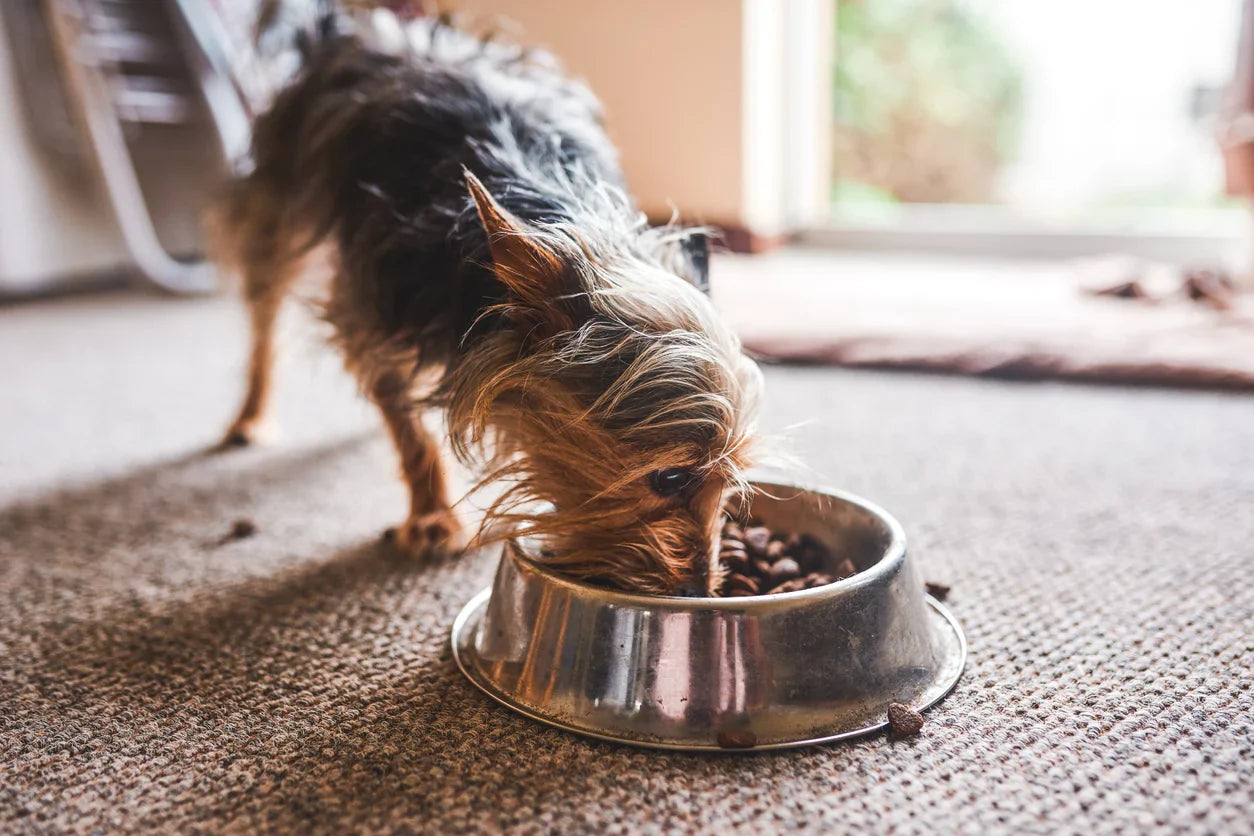When it comes to our beloved furry companions, nothing is more concerning than witnessing them experience separation anxiety. As a dog owner, it is crucial to understand what separation anxiety is, its causes, and how to effectively address it. In this article, we delve into the depths of separation anxiety in dogs, shedding light on the reasons behind this distressing condition and offering practical solutions to help your canine friend lead a happier and more contented life.

What is Separation Anxiety in Dogs?
Separation anxiety in dogs is a behavioural disorder characterised by feelings of fear and unease when they are left alone or separated from their owners. It is essential to distinguish between mild distress and genuine separation anxiety. While mild distress is a normal response to temporary separation, separation anxiety is more severe and persistent, leading to undesirable behaviours that may harm the dog's well-being.
Causes of Separation Anxiety
Understanding the root causes of separation anxiety is the first step in addressing this issue effectively. Some common triggers include:
- Early Life Experiences: Dogs that have experienced sudden changes in ownership, abandonment, or neglect during their early life are more prone to developing separation anxiety. Such traumatic experiences can leave a lasting impact on their emotional well-being.
- Over attachment: Dogs that are excessively attached to their owners may struggle to cope when left alone. They have become reliant on their human companions for comfort and security, making separation particularly distressing for them.
- Changes in Routine: Canines are creatures of habit, and any sudden changes in their daily routine, such as a shift in work hours or living arrangements, can trigger anxiety when they are left alone.
- Lack of Socialisation: Dogs that have not been adequately socialised may struggle with anxiety when faced with new environments or experiences, including being alone in unfamiliar surroundings.
Symptoms of Separation Anxiety
Recognising the signs of separation anxiety is crucial in providing timely assistance to your furry friend. Some common symptoms include:
- Destructive Behaviour: Chewing furniture, scratching doors, or digging at carpets are common destructive behaviours exhibited by dogs with separation anxiety as they try to cope with stress.
- Excessive Vocalisation: Barking, howling, or whining excessively when left alone is a way for dogs to express their distress and seek attention from their owners.
- House Soiling: Incontinence or defecating indoors, even if the dog is house-trained, can be a sign of anxiety-related behaviour.
- Escape Attempts: Dogs with separation anxiety may attempt to escape their confinement areas, leading to potential injuries.
Effective Solutions for Separation Anxiety
Dealing with separation anxiety requires patience, understanding, and consistent training. Here are some effective solutions to help alleviate your dog's distress:
- Gradual Departures and Returns: Practice short departures and returns, gradually increasing the duration to accustom your dog to your absence. This helps build their confidence and reduces anxiety.
- Create a Safe Space: Designate a specific area in your home where your dog feels safe and comfortable. Fill it with familiar toys, blankets, and treats to provide a sense of security during alone time.
- Calming Treats: Consider using Pupps Calming Dog Treats, specially formulated to help treat anxiety in dogs, to support your dog's emotional well-being and reduce anxiety.

- Professional Training: Enlist the help of a professional dog trainer experienced in handling separation anxiety cases. They can create a tailored plan to address your dog's specific needs.
Conclusion
As responsible dog owners, it is our duty to empathise with our four-legged companions and provide them with the care and support they require. Understanding separation anxiety in dogs allows us to implement effective solutions, ensuring a happy and healthy life for our beloved pets. With patience, love, and proper training, you can help your dog overcome separation anxiety and strengthen the bond you share. Remember, every small step counts towards a happier and more contented life for your furry friend.




Leave a comment
This site is protected by hCaptcha and the hCaptcha Privacy Policy and Terms of Service apply.